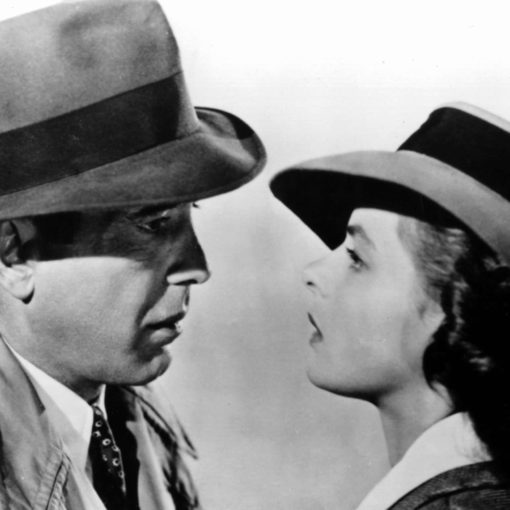In the luxury goods industry, customer centricity goes beyond delivering exceptional products – it’s about crafting immersive, personalized experiences that resonate emotionally and create lifelong bonds. As consumer expectations evolve, luxury brands must embrace a holistic customer-centric approach that aligns strategy, culture, and operations with the unique desires of discerning clientele. By doing so, they not only enhance brand equity but also secure sustainable growth in a competitive and rapidly changing market.
WHY CUSTOMER CENTRICITY IS CRUCIAL FOR LUXURY BRANDS
Luxury consumers seek exclusivity, authenticity, and emotional connection. Unlike mass-market sectors, luxury purchases are driven by aspiration and storytelling as much as by product quality. Customer centricity enables brands to deliver tailored experiences that reflect individual preferences, values, and lifestyles-transforming transactions into meaningful relationships.
KEY ELEMENTS OF CUSTOMER CENTRICITY IN LUXURY
- Strategic Alignment with Customer Needs
Embedding customer insights into the core strategy ensures that every touchpoint – from marketing to after-sales – reflects the brand’s promise of exclusivity and excellence. This alignment fosters trust and reinforces brand identity. - Personalization and Data-Driven Experiences
Leveraging data responsibly to create a single customer view allows brands to anticipate needs and offer bespoke recommendations, invitations to exclusive events, or limited-edition products. Transparency and control over data sharing build confidence among luxury consumers. - Omnichannel Excellence
Seamless integration between physical boutiques, digital platforms, and personalized services ensures a consistent and immersive brand experience. Luxury customers expect the same level of care whether shopping online or in-store. - Emotional Engagement and Storytelling
Luxury is about narrative and emotion. Brands must train their teams to connect authentically, using storytelling to evoke aspiration and belonging. This emotional resonance differentiates luxury experiences and deepens loyalty. - Continuous Feedback and Adaptation
Implementing ongoing measurement and feedback loops helps identify moments of truth and evolving customer expectations, enabling brands to refine experiences proactively.
THE BUSINESS IMPACT OF CUSTOMER CENTRICITY IN LUXURY GOODS
Brands that master customer centricity see measurable benefits: higher retention rates, increased lifetime value, and stronger advocacy. In a market where scarcity and exclusivity drive demand, customer-centric strategies create a virtuous cycle of desirability and premium pricing power.




